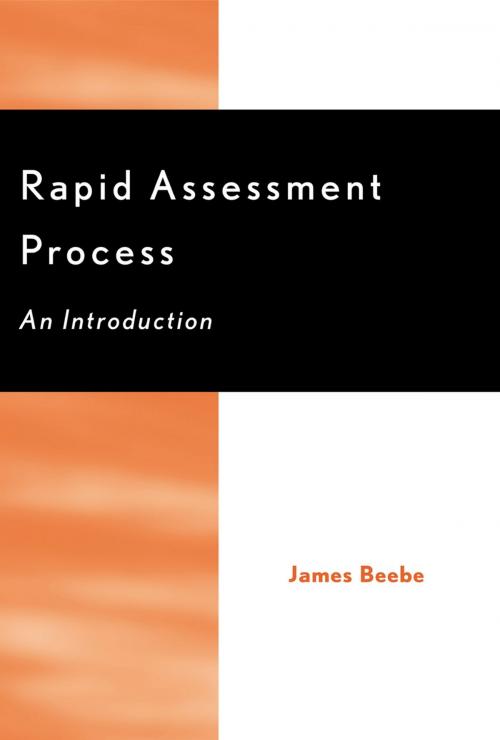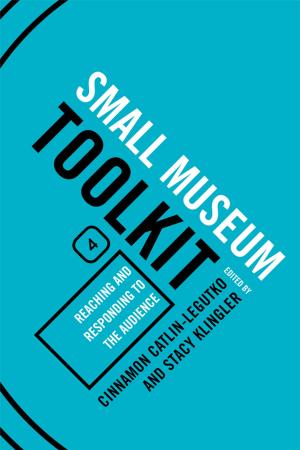Rapid Assessment Process
An Introduction
Nonfiction, Social & Cultural Studies, Social Science, Methodology| Author: | James Beebe | ISBN: | 9780759117020 |
| Publisher: | AltaMira Press | Publication: | July 20, 2001 |
| Imprint: | AltaMira Press | Language: | English |
| Author: | James Beebe |
| ISBN: | 9780759117020 |
| Publisher: | AltaMira Press |
| Publication: | July 20, 2001 |
| Imprint: | AltaMira Press |
| Language: | English |
A newer edition of this book is available at the following address: https://rowman.com/ISBN/9780759123212
Rapid Assessment Process (RAP) has gone under many names but invariably uses the techniques of fieldwork and ethnography in a telescoped manner to provide solid, field-based research findings for use by policymakers and program planners. It uses an emic perspective, a team of researchers, triangulation of research findings, and iterative process to produce high-quality research in a fraction of the time taken by traditional ethnography. Long used for third world projects, RAP is now being used to inform policy in many different settings. This volume is the first introduction to this group of methods, explaining to researchers and to students how to do RAP research well. The author, an international development professional who has been doing RAP studies for over two decades, clearly outlines the process, promise and pitfalls of RAP in this brief volume. Included are many examples of successful RAP studies and clear guidance to readers on how to embark on their own RAP research.
A newer edition of this book is available at the following address: https://rowman.com/ISBN/9780759123212
Rapid Assessment Process (RAP) has gone under many names but invariably uses the techniques of fieldwork and ethnography in a telescoped manner to provide solid, field-based research findings for use by policymakers and program planners. It uses an emic perspective, a team of researchers, triangulation of research findings, and iterative process to produce high-quality research in a fraction of the time taken by traditional ethnography. Long used for third world projects, RAP is now being used to inform policy in many different settings. This volume is the first introduction to this group of methods, explaining to researchers and to students how to do RAP research well. The author, an international development professional who has been doing RAP studies for over two decades, clearly outlines the process, promise and pitfalls of RAP in this brief volume. Included are many examples of successful RAP studies and clear guidance to readers on how to embark on their own RAP research.















